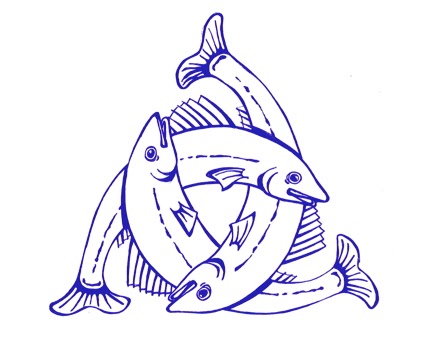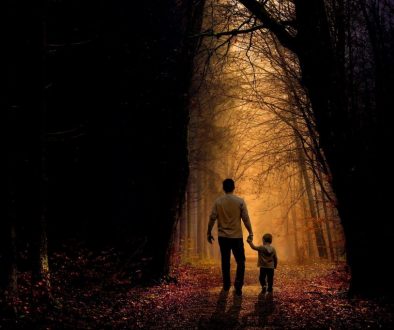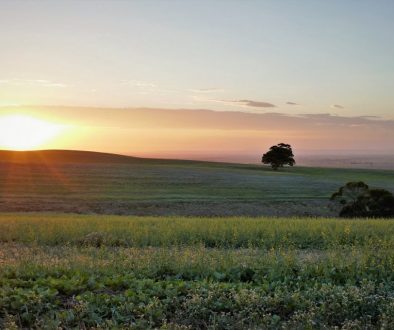The Covenant Sealed With Blood
(Exodus 24)
The “words of the LORD and all the rules” that Moses tells the people refers to the previous 3 chapters of Exodus, where what life in the covenant of God looks like has been spelled out. Hearing these words, the people are convinced that the covenant is good and desirable – “All the words that the LORD has spoken we will do!” (24:3) This is the hallmark of the community of people — they are a community shaped by the word of God, desiring in every way to be obedient.
Yet it is not their obedience (or desiring of obedience at least) that creates or seals the covenant. A covenant sealing ritual that follows shows where the creation and sealing of the covenant arises – in the gift of God Himself. Having written all the words of the LORD in a book, Moses then rises early the next morning to build an altar (which is symbolic of God) and 12 pillars (which is symbolic of the people of God.) Young men are commissioned to offer burnt offerings (complete dedication) and peace offerings (full communion) to the LORD. The blood from the offerings is collected in basins and half of it Moses throws against the altar. God is dedication Himself to His people and offering full communion to them. Then Moses reads the Book of the Covenant (all the words and rules) to the people and they pledge formally in these words, “All the LORD has spoken we will do, and we will be obedient.” Then Moses took the remaining blood and threw it over the people – as a sign of their pledge to complete dedication and full communion with God. For the people of God this can only be known in unimpeded obedience. (There is no point speaking of dedication to God if there is no intention to obey His words.)
Then, as the LORD had commanded, Moses takes Aaron and his two eldest sons, Nadab and Abihu, with 70 of the elders of Israel up on to the mountain. They “saw the God of Israel” — but it is, as it were, through a glass, a clear, sapphire pavement. They are near but not near. Only Moses (and his assistant Joshua) can ascend further up onto the mountain of God, and only Moses can enter the fiery cloud of the presence of the LORD.
The people have come out to meet God at the foot of the mountain; Aaron, his sons and the elders can only come so far; Moses can enter the cloud. Each is given communion with God – but something still stands between the people of God and full communion with Him, with nothing between. This is finally opened up by the covenant blood shed by Jesus Christ, who has given us complete freedom to enter into the Most Holy Place – the complete freedom of a true and complete dedication to God.




